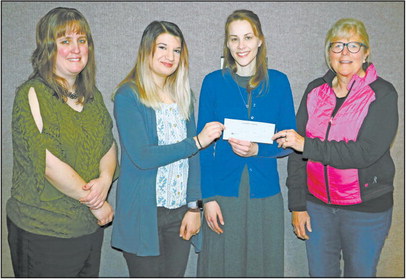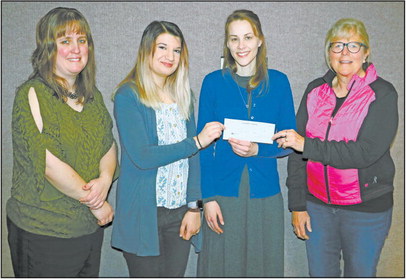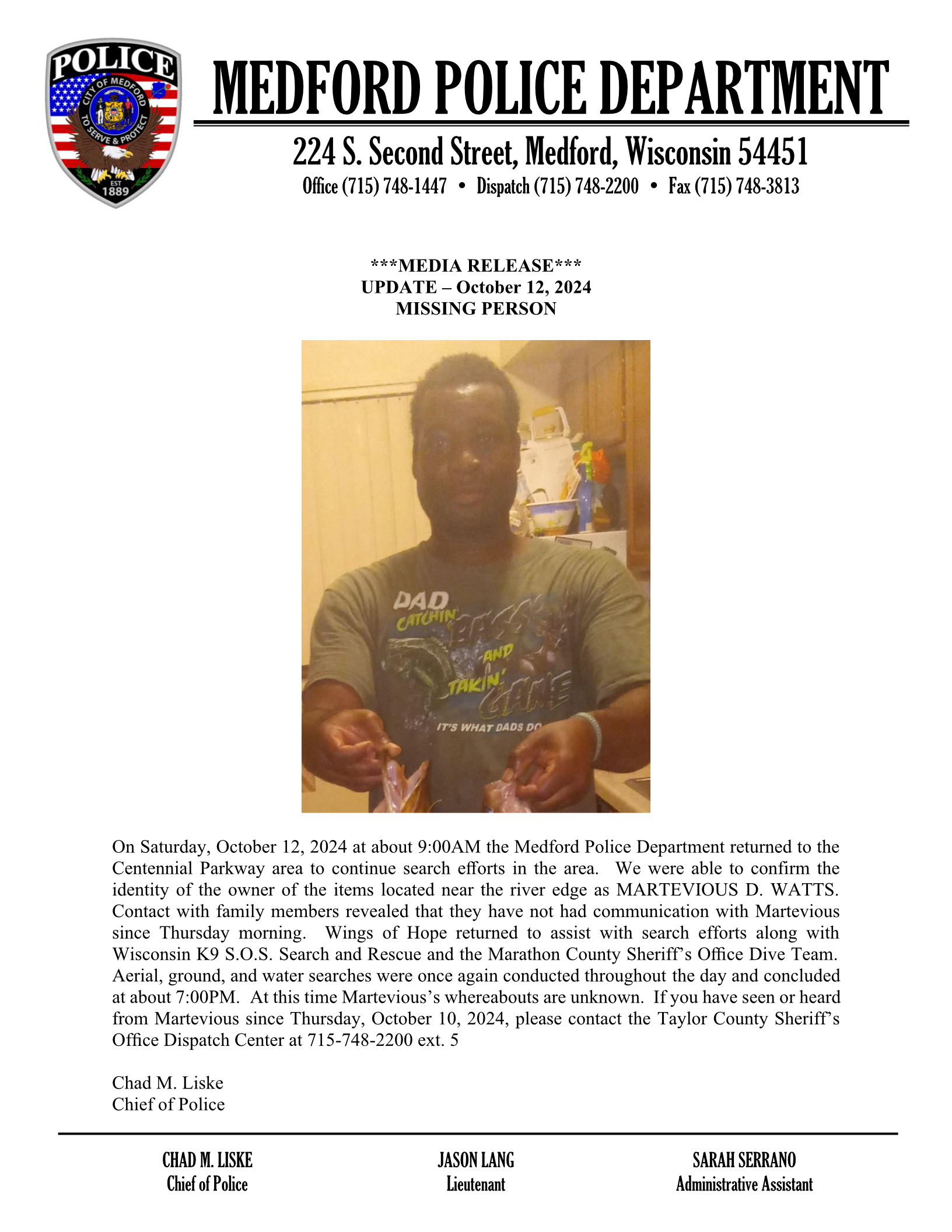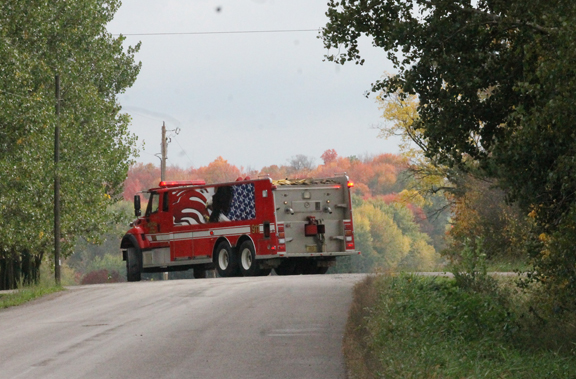Spring break returns for 2020-21 school year


Cadott School Board
After tying up loose ends from a previous meeting, the Cadott School Board turned their attention to preparation for the 2020-21 school year, during a regular meeting March 9.
During the public comment section, board president Rod Tegels addressed concerns from last month’s meeting, where Donna Albarado, board clerk, questioned the use of secret ballot voting in a previous meeting. Albarado had asked Tegels to look into the legality of the vote.
Tegels says he talked to school board attorney, Steve Weld, since the last meeting.
“I reached out to Steve Weld, explained to Steve what had happened,” said Tegels. “He apologized for his miscommunication. I apologized, as well.”
Tegels thanked Albarado for the “education.”
From there, Tegels questioned how information from closed session meetings got out to the general public. He reminded the board they are a unified front.
Members also voted to set a calendar for the 2020-21 school year. Superintendent Jenny Starck explained three calendar options to the board.
“For all calendars, we’re looking at Sept. 1 as the start date,” said Starck, explaining Labor Day is late this year, and starting after the holiday, would push the school year into June.
Starck noted the fall is also set up similarly in all the options.
The first option contains more small breaks throughout the spring and the last day of school May 28, while the second option carried a more traditional spring break, but in February, with the last day of school June 2.
Starck said the early spring beak was because they wanted a full week of instruction before, and after, ACT testing.
After the committee meeting, Starck asked staff members for feedback.
“They were preferring, pretty overwhelmingly, the spring break,” said Starck, but noted many wanted a later spring break.
She says she created another option, based on the feedback, with a spring break the week of March 29. The last day of school would be May 28.
See SCHOOL CALENDAR APPROVED/ Page 3 Brad Sonnentag, board member, questioned if they wanted spring break again for the 2020-21 school year, when they were not sure how the longer break affected students’ learning this year. He said he was in favor of Option 1.
Starck said the board did consider rotating spring break every other year, when discussing the current year’s calendar.
Members voted in favor of Option 3, per Starck’s recommendation.
In other business, members approved the CESA 10 contract for the 2020-21 school year, for $80,145, with $47,520 in local costs and the remaining $32,625 in grants.
“CESA 10 is an organization that provides services for us that just wouldn’t be possible for us sometimes to provide on our own,” said Starck, using the example of a physical therapist.
Starck says the district decides which services they want to participate in and noted the district reduced the CESA 10 services they used last year. She said those services were able to be done in-house for a lower cost.
The district is going to keep programs related to college and career readiness through CESA. Starck noted many of the services contracted through CESA also relate to special education.
“The fluid part, is we might have a special education student move in who has a unique service that we didn’t need before, we’re able to add that on,” said Starck.
Members also approved course changes for the junior and senior high students for the 2020-21 school year. Starck says many of the changes are to match the content standards and align more with post-secondary courses.
“Even though a course is discontinued, if you look on a new course, it’s really there, it’s just changed somewhat,” said Starck.
Starck also noted no blended learning classes were removed, but the vendor for the classes was previously switched, from Wisconsin Virtual School to eSucceed.
Starck also talked about Fund 80, the community service fund, options.
“It has some pretty strict parameters,” said Starck.
She also noted that after Fund 80 money is spent on a project, Fund 10 money can’t be put toward the project later on.
“It has to be extra,” said Starck.
Starck suggested options for how to use Fund 80, but recommended getting feedback from the community during strategic planning meetings before making a decision.
Starck also noted the school does have a health plan in place. She says cleaning protocol and teaching proper handwashing has been a focus this year, since a lot of students have had influenza.
Following a closed session, members voted in favor of paying the superintendent 100 percent of the performance incentive.




